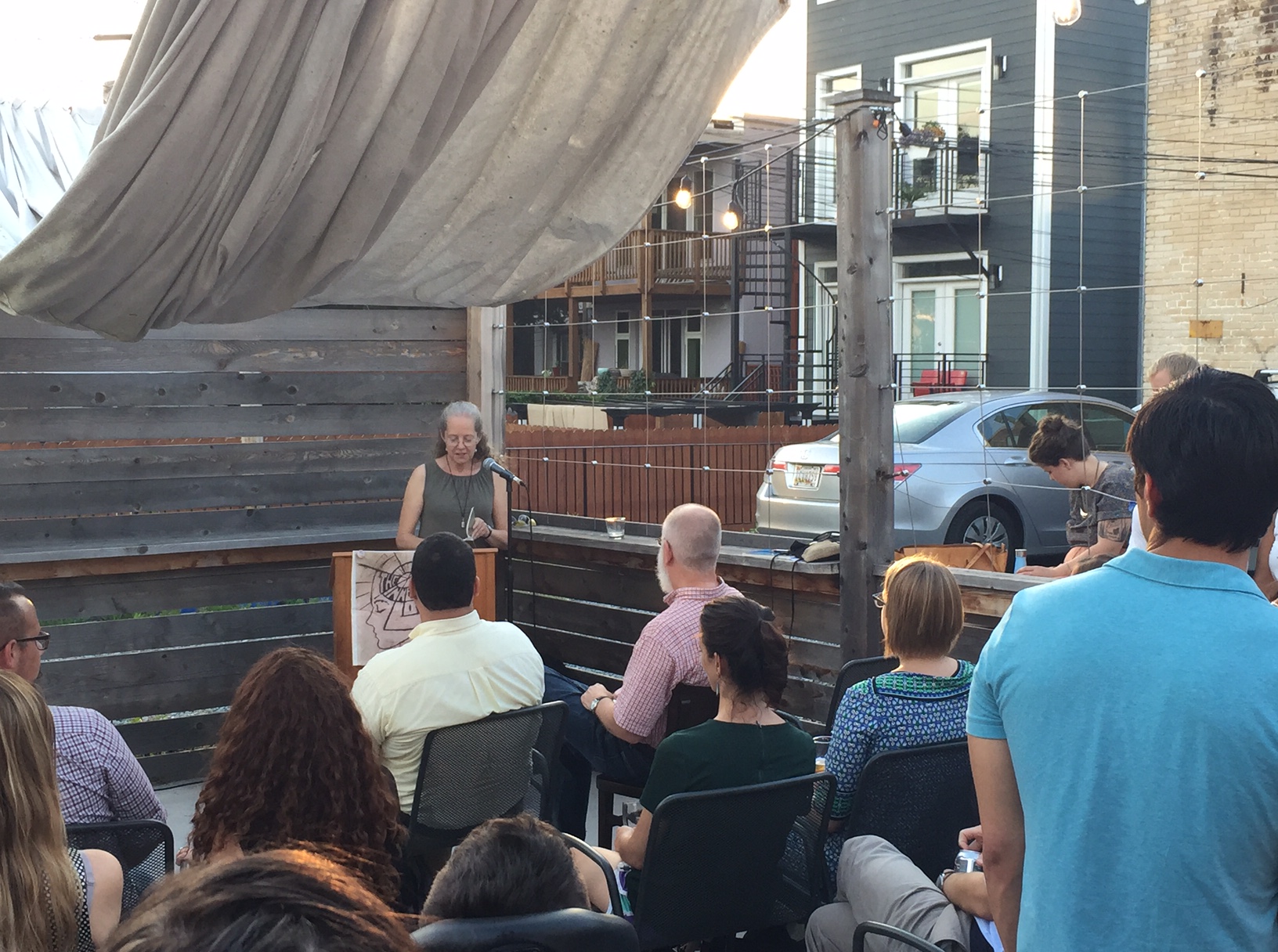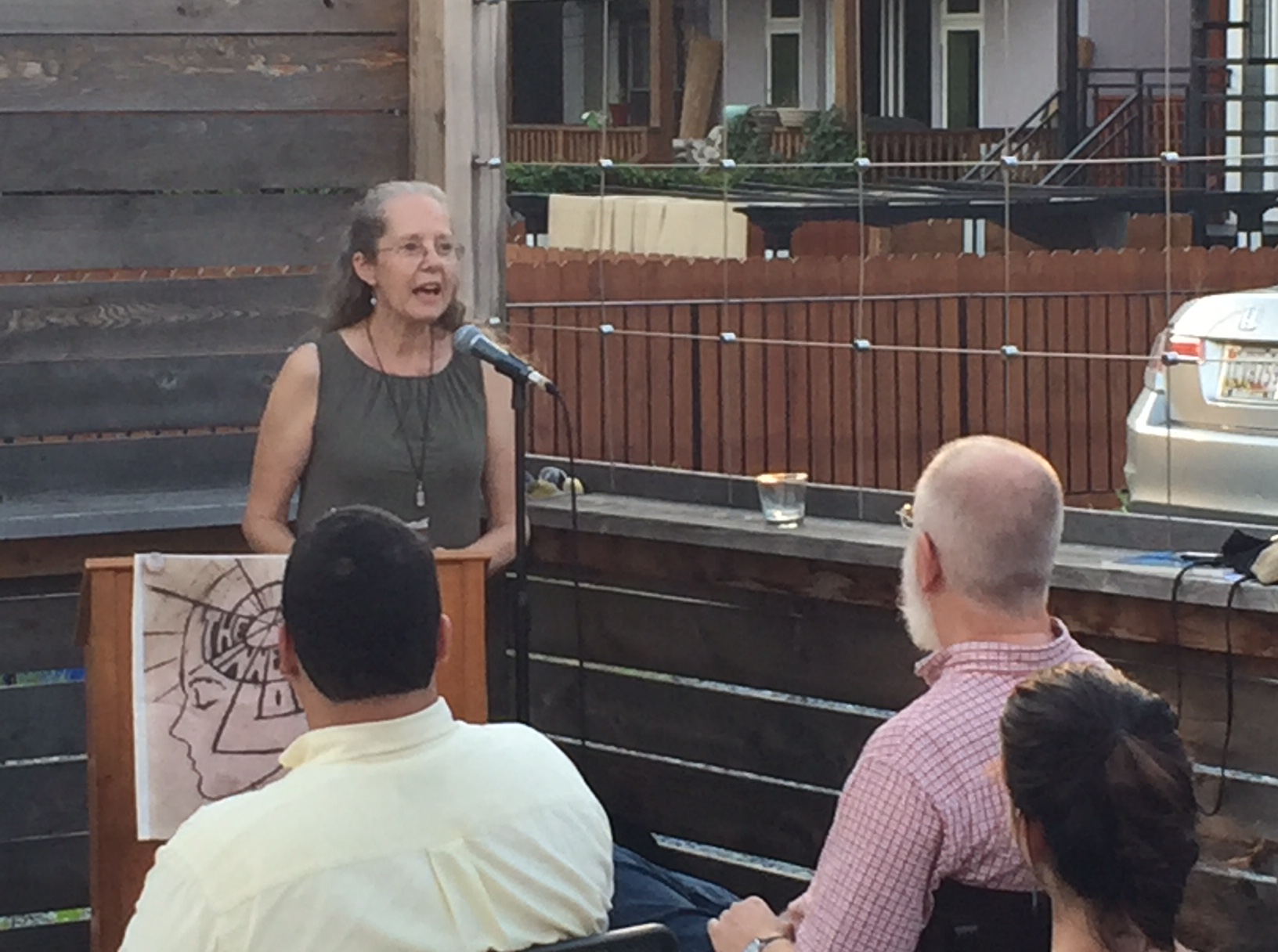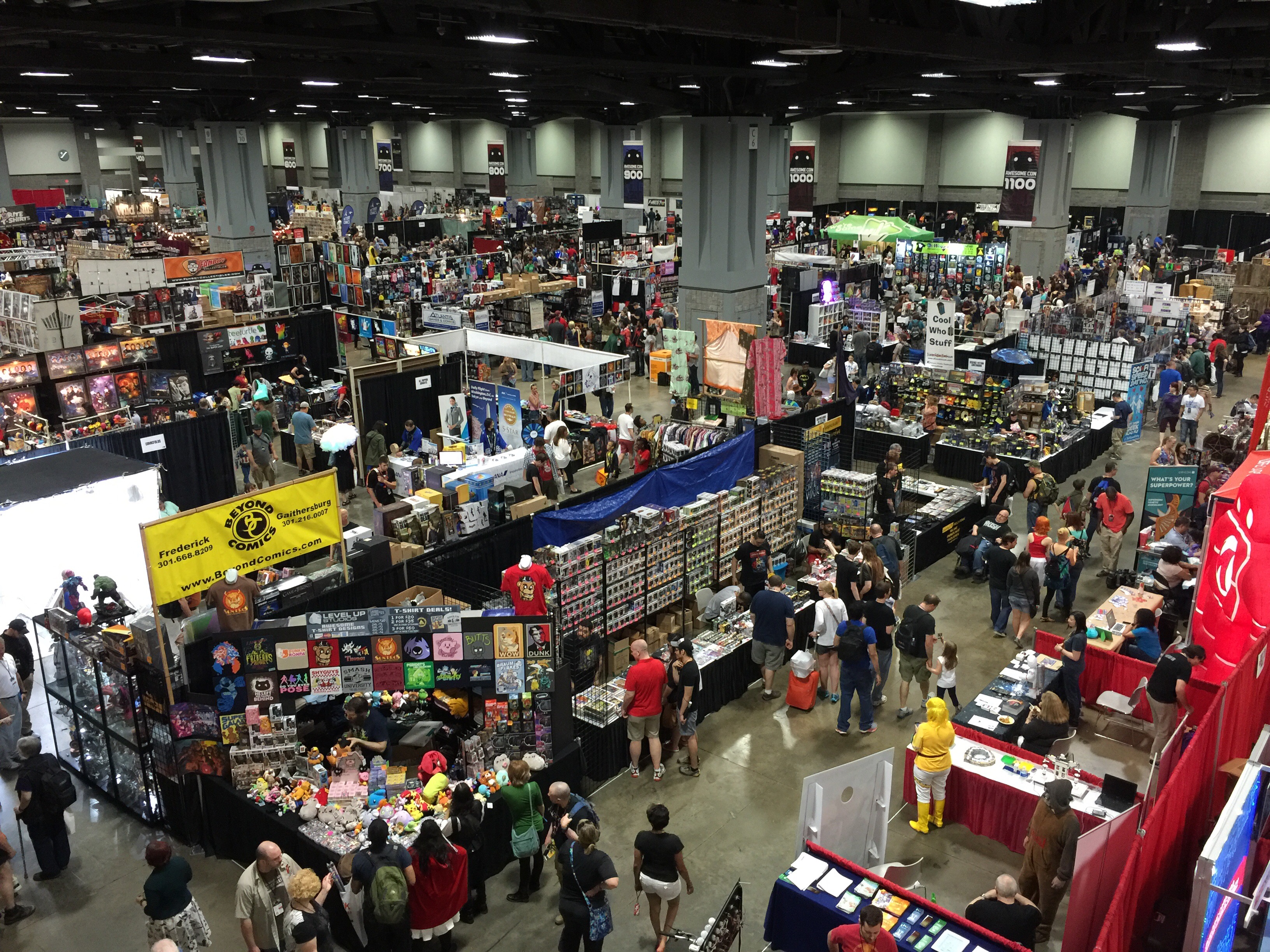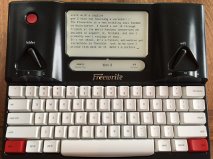I had a great evening under twilit stars – and frequent, seemingly aimless helicopters – with The Inner Loop, a monthly DC reading series for poetry, fiction and non-fiction writers, at Colony Club. The headliner was Jennifer Atkinson, a poet drawn to human disaster, with readings by Joel Goldberg, Matthew Moniz, Alyssa Oursler, Alex Aronovich, Peg Alford Pursell, Alan C. Page, Leila Rafei and Sam Mahone.
Standing room only!


I’m firmly in the camp that writing is an art for the ear. Studying other languages’ poetry let me hear the latent music in my own writing. I always want my work to sound good aloud and I love to hear other authors reading. It’s a happy time for this viewpoint, with the growing market, and quality, of podcasts and audiobooks. I’ll be fascinated to see how English prose style changes for a world where most of it is heard not read. (Prediction? Dialogue tags will lose “said.”)
The evening had a warm, friendly feel. I talked shop with other writers, books with readers. A writing event is quieter than a band, with no dancing or chatter and surprisingly little phone use other than recording videos. The vibe remains casual and attentive. Even for the writers – 5 minutes, and you’re back in the audience.
There will be a bigger market for these. Already the Moth series has spread to live events in several cities. Reading for performance will be the new penmanship.
Category: essay
-
The Inner Loop reading series
-
Sexual tension in fiction
My guest post for the Fictorians, a site on writing fiction, discusses sexual tension and its different roles in different stories. It’s part of the Fictorians’ month-long Tension series.
Read it at:
http://www.fictorians.com/2017/02/24/sexual-tension-in-fiction/ -
Sticking to my knitting (opinions)
As Facebook gently reminded me —

my professional media have been stale. It was less a writer’s block than a blind alley. Perhaps others will find my thinking instructive.
Like everybody, I have opinions about the world, and in these contentious times, it’s very tempting to share them. Everyone else is, and I talk prettier than many. Why not join the fray? Ooh, ooh, you’re discussing politics, or climate change, or guns? I can do that too!
I drafted three different posts on things political. One even got into my WordPress dashboard, until I deleted it.
Truth is, I just don’t want to be a public intellectual.
It feels irresponsible to say this. In the face of the great activists of the past, and today’s popular writers who still manage worthy columns (or at least snarky tweets) – and often get slagged by some fans for voicing opinions they don’t like – it seems weak to say, nah, I’m out.
I’m out. While it might feel good to get something off my chest, people aren’t waiting around to hear what I have to say about today’s crisis. Or, if people are, they don’t just want it once. If I start down that road, I have to stick with it, have to make it a bigger part of my life and thought.
Perhaps this would be virtuous, but it wouldn’t be singular. Many good people already discuss the state of the world, plainly and well, after actually investigating it and reporting on it. If I want to change the world in favor of my political beliefs, I’m better off writing checks.
Or, writing novels.
Not that I’m going to be ripping tales from today’s headlines. That’s not my thing. More to the point, the political power of good fiction is often indirect. Fiction can say complicated things to culture, often better than it says simple ones. There are political ideas in my novel The Demon in Business Class, but they’re neither immediate nor partisan.
The “messy ground where the worldly meets the divine,” as my back-cover text promises, is a place in the mind. My characters in their big world might inform your opinions about tomorrow’s crisis, whatever it is, but only by example and analogy.
That’s my contribution. We’ll see if it’s enough, over time. -
Love your pile of words (first drafts)
I love my current first draft.
This is a shocking and unfashionable thing to say. Everyone laments their first draft. It is the shoals of mediocrity on which our dreams founder, or at least so tells every clickbait online writing workshop. Complaining about the horror of that first draft is required. Even really successful and also good writers do it, and always have.
I love mine. I banged it out for NaNoWriMo 2015, in fewer than my allotted thirty days. Yes, I know that’s a long time ago (I sold a book in the meantime!), but that length of time is supposed to make clear how awful the first draft is, as the scales of hope fall from my more jaundiced and persnickety eyes.
Alas, I love it, blazingly. I have reread it more than once, with comments from my writing dojo NoveltyDC, and each time I am in a better mood.
It’s got half-finished ideas that I now can’t remember, areas that need major restructuring, a lot of plodding exposition. Some of my best supporting characters – like the smuggler with a tail – are on far too briefly. Late ideas may turn out to be organizing principles. No doubt I will rewrite almost every sentence in it, reorganize it, wrestle it. I may occasionally kick it. It will take a lot of work. Even then it will be niche, strange, uncommercial and standalone.
It’s going to be great.
What is wrong with me? How did I get to this place? How did I find joy and wonder in my work while others gnash teeth and tear hair? It isn’t my success to date, which is tiny; nor is it my upbeat disposition, which is pure fakery. So what is it?
Here’s a thought – I love it because it’s a draft. It may be made of words, but it’s not a novel yet. It’s been work of course, the work of felling trees and forging nails, but this is the lumber and hardware and cleared ground, not the finished house. It’s a pile of words and ideas, and for that, it’s just fine. Well, maybe I will need a few more words.
The draft is the start, the lumber and blueprints. It will not house or warm you, not without a lot of work to come. It’s just a stage.
Get excited. And get to work. -
Regaining the writing habit (hours not words)
I think it’s official now: I have fallen out of the habit of writing. I don’t mean to say “I’m not writing” or #amwriting – just that over the past year it’s been an ad-hoc effort, when the mood takes me.
I’m not in a panic – I have a new project, and I am even taking a class so that I have a talented writer to hold my nose to its grindstone. I am simply surprised not to be more weird about this.
I suspect it’s because the effort to market Demon turned out to be so creatively interesting – something akin to the difference between writing the play and acting in it.
Plays close, of course. Demon, I hope, will keep going. Perhaps the better analogy is to a previous album, songs on which I will perform for years after – but I’m more likely to perform the old songs if I keep coming out with new ones.
I don’t know if it will rise to the level of a New Year’s Resolution – and that would be a telling thing if it had to – but I need to start cultivating a writing habit again. That means approaching it with scheduled regularity for the next long while.
For me that means hours, not words. My colleagues often post their daily word counts, but that method never worked for me, probably because I don’t just write while I write. Like Penelope, I undo my work as I go, though unlike her I do it first thing in the morning. Even during the headlong charge of NaNoWriMo 2015, I couldn’t keep myself from editing, especially once I was three-fourths of the way to the 50K word count. People who write productivity books cluck and ruffle feathers, and isn’t that an analogy that’s not going anywhere kind to them? Stepping back….
I feel a pressure to keep it neat, akin to a bricklayer making sure to scrape away excess mortar. Perhaps that comes from the huge amount of words I threw out of early Demon drafts, and my desire not to write so inefficiently again. Perhaps I am just afraid the words will dry.
Perhaps, in my process, whatever it is, words can dry, and I’d be a fool not to respect that – whatever reality or self-indulgence that woolly concept implies to my number-crunching colleagues. They write them and I write me and I dry.
I get the rest of this week to play and shop. On Christmas night, I have to make a schedule. Maybe I should throw in a little time to exercise too. Or maybe that’s the New Year’s Resolution! -
Make time for new work
My main creative work since my book contract has either been editing my manuscript or developing my (approach to) social media. By any commercial measure, that’s what I should have done. Polishing and sharing best honors my creative expression.
One has creative intention too, and each success makes one’s ground more fertile. Recently my editor Vivian Caethe, fresh off her first Kickstarter success, turned a Tumblr post into a new anthology on Kickstarter, which shows how quickly ideas can bloom.
I need to be there for my finished work. I also need new work to do.
These last two weeks I’ve been making myself make things up, just opening blank text screens and letting words fly. It’s not exactly automatic writing but it’s my least self-judgmental form of creativity. Nothing that will go further in this form. Nothing anyone’s waiting for yet. It can be stupid and playful. I even wrote the outline of a wordless ten-minute play, mostly on my smartphone, in a car.
Most of these ideas will go nowhere. A few return in funny ways. A jokey conceit I never developed for my blog became a Russian propaganda television serial in my NaNoWriMo manuscript. That manuscript was once a dream, hastily written down and played with for weeks thereafter. In another year it could be a book.
It’s important to make new things, especially if it feels unimportant. Something takes root if you keep seeding. -
Books at AwesomeCon need flair
AwesomeCon‘s sales and promotional floor is so big that guides and maps never refer to it as a unit bound by walls, only to its subsections. All of it is dense with visual stimulus and novelty. Vendors sell comics, books, movies, posters, toys, models, clothing and accessories, even niche products like leather bondage wear or rings that serve as dice for gaming. Cosplay abounds, and well done.

Stand out here!
Still, you can find the printed word. A handsome cover is an attractor here. One printer sells new restyled editions of public-domain classics. Sellers have curiosities like high-end reprints or special editions of the most popular books of our day. And there are presses and solo creators.
I don’t have a lot of fine-grain insight. I saw signings, drawings, gimmicks aplenty. Whatever else, one has to look like one gives a damn and like others do too; like this is a privilege, a summit, not the end of a long and dreary line.
Soho Press has a well-dressed urbane young marketer standing between a simple logo backdrop and a skirted table of original novels. She cheerfully tells me that she’s here to support an author on a panel, but it’s a good chance to market other titles, including a new YA. She hints it was a new effort for them to come this far south.
The booth is in a side alley, without much natural crowd flow, but the display catches enough attention that she sells books while telling me about how releases get marketed. When I buy two books, she tells me one comes with a poster. She unrolls it. It’s far cartoonier than the novel’s bold graphic cover. I kindly decline.
“I’m not surprised,” she tells me. There’s a savvy in the remark that seems of a piece with the product line. A marketing meditation: how deep can brand and identity go?
Soon after, I walk past an independent writer on a busier alley. She has no backdrop, no table-skirt, just short stacks of books on naked fake-woodgrain tabletop. It looks like it’s being set up.
She calls out, seeing my glance. “Do you read books?” she asks plaintively, as if her greater hopes for connection have been dashed.
Little more to see on a closer look. She has printed glossy promotional bookmarks for each book, but no display. No description other than the cover text. It is not enough. I feel like I have to infer everything. She asks me tentative questions as if to find a hook that will attach her book to me.
Once it is clear I am less audience than sympathetic peer, we chat. She tells me of other venues where she sells books, of how a venue this size is still too much for her child. She is connected through fandom to a star of a vampire television show. Behind a bowl of candies, a framed page of small text describes donations to the star’s non-profit foundation.
I wonder how she got the idea to come to AwesomeCon. Perhaps she thought her show and star would connect her. Perhaps the size impressed her. It feels like a Hail Mary. It can’t be a cheap rental but she has failed in her research and come unprepared.
It is harsh to compare an individual to a small press, but they both took similar space in an enormous con. It does no good to be ignored by tens of thousands of people. -
On anger
The Promised Land, and its malcontents.
In the story of Moses, the aging Moses needs water for his people. Jehovah tells Moses to speak to a rock, but Moses strikes the rock twice. Jehovah lets the water flow, so the Jews can drink, but the cost is that Moses can’t enter the Promised Land.
This story is a cliché now, but I think we use it wrongly. It’s not about authority punishing misbehavior, but about the failure to change.
When the Jews are enslaved, anger and rebellion free them, at a horrible cost. One wonders if Jehovah, who created the Egyptians too, actually chose the angel of death. Maybe Jehovah just let Moses into the divine armory, to choose whatever weapon he thought best – and at the time, “by any means necessary” was enough justification for Jehovah to accept his choice.
Forty years later, not so much. For the independent Jewish people, forced by their years in the wilderness to survive on their own, now ready to build a new land, rebellion risks their new social order. Moses’s anger and rebellion have no place here. They are no longer liberating, only destructive, for there is no longer an other to escape, to destroy. This is not to say that the Jews will never need rebellion, but as the story of David later shows, it will never again be an unalloyed good.
I am an angry person. (more…) -
Twenty lousy minutes on the Freewrite (review)
Less tool than fetish, and disappointing.
Funded on Kickstarter, the new Freewrite is a solid, lovingly-crafted device that promises to return writers to a place of distraction-free spontaneity. From its low-power e-ink screen to the aluminum case – with handle – to the deep-traveling satisfyingly-clicky Cherry keys, the Freewrite consciously recalls early computers, manual typewriters, and a more physical, engaged time. I love touching it. Really.

Alas, none of those keys moves the cursor.
“Distraction-free” writing is not a method like touch-typing, but an ideal. For some, it means paper. For others (like me), it means starting my work in a text editor, not a print-oriented word processor like Word or OpenOffice. For still others, it means gimmicky apps that literally delete your writing if you pause too long. Whatever works, right? And if it doesn’t work, you can do something else.
Not on the Freewrite. For the Freewrite, “distraction-free” means, and only means, a weirdly oppressive no-turning-back mentality, like Allen Ginsberg’s “first thought best thought” warped from liberating ideal into blind diktat without recourse.
You can only keep keying. You can’t go backwards, save to delete – and that has the acceleration of a Tesla, one word, two words, a paragraph whoa! You can’t go up three lines and add a header. You must go forward, only forward, like Orpheus leaving Hades.
I don’t even write that way on paper.
The Freewrite also requires a better computer to finish one’s work. Just getting text out of it – set up a special account, to either e-mail the work as an non-editable PDF, or to push it into Dropbox folders as Word .docx files – is a ridiculous kluge, a giant chicken-wire afterthought that makes the whole Freewrite process feel like something out of the movie Brazil. (more…) -
A Republican Hamlet
Blame the English teachers at those fine expensive schools, trying desperately to engage their bored charges with a play about reckless youth. If only the chattering classes had been taught how to read Hamlet properly, they might have better understood this year’s presidential primaries.
Let’s do a Republican Hamlet. Best thing is, you don’t have to change a single line. (more…)